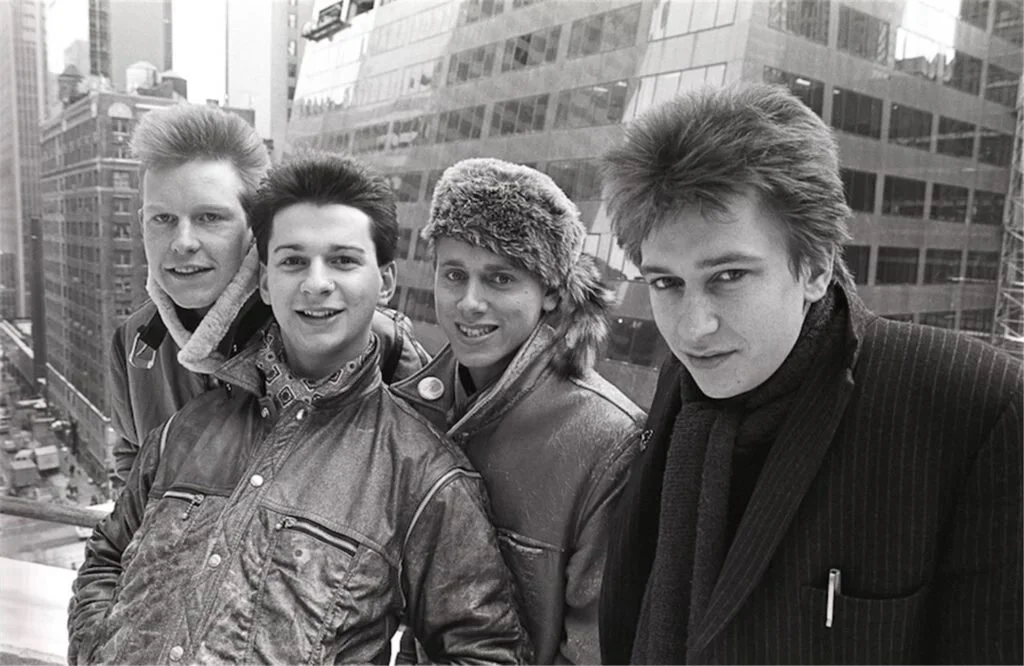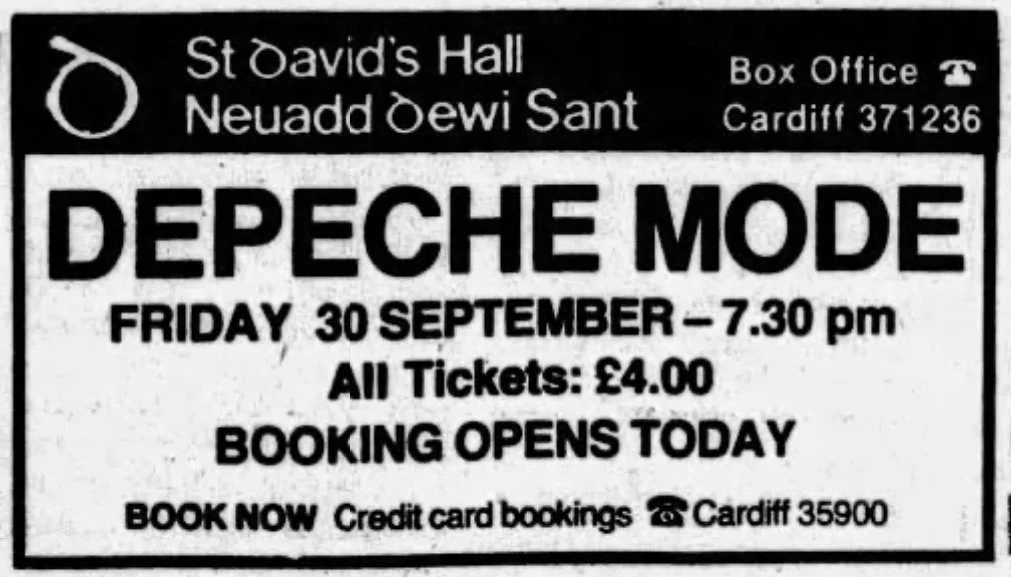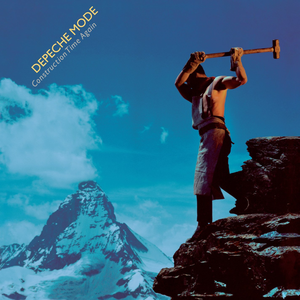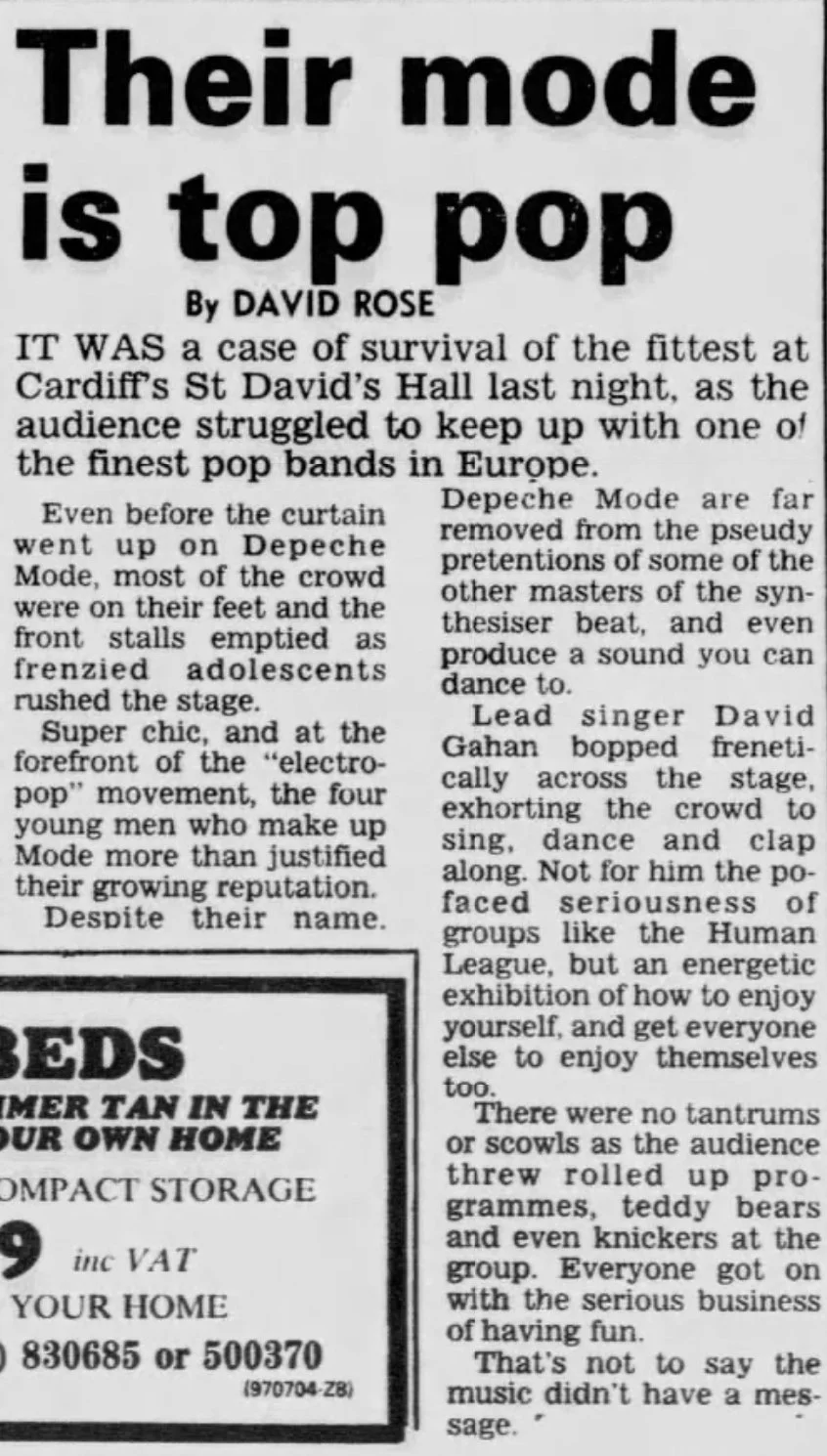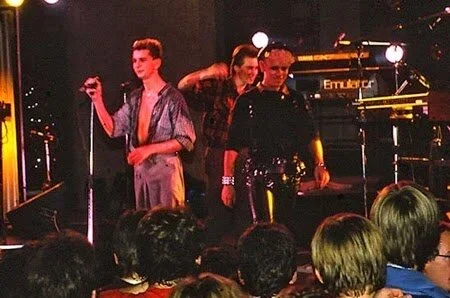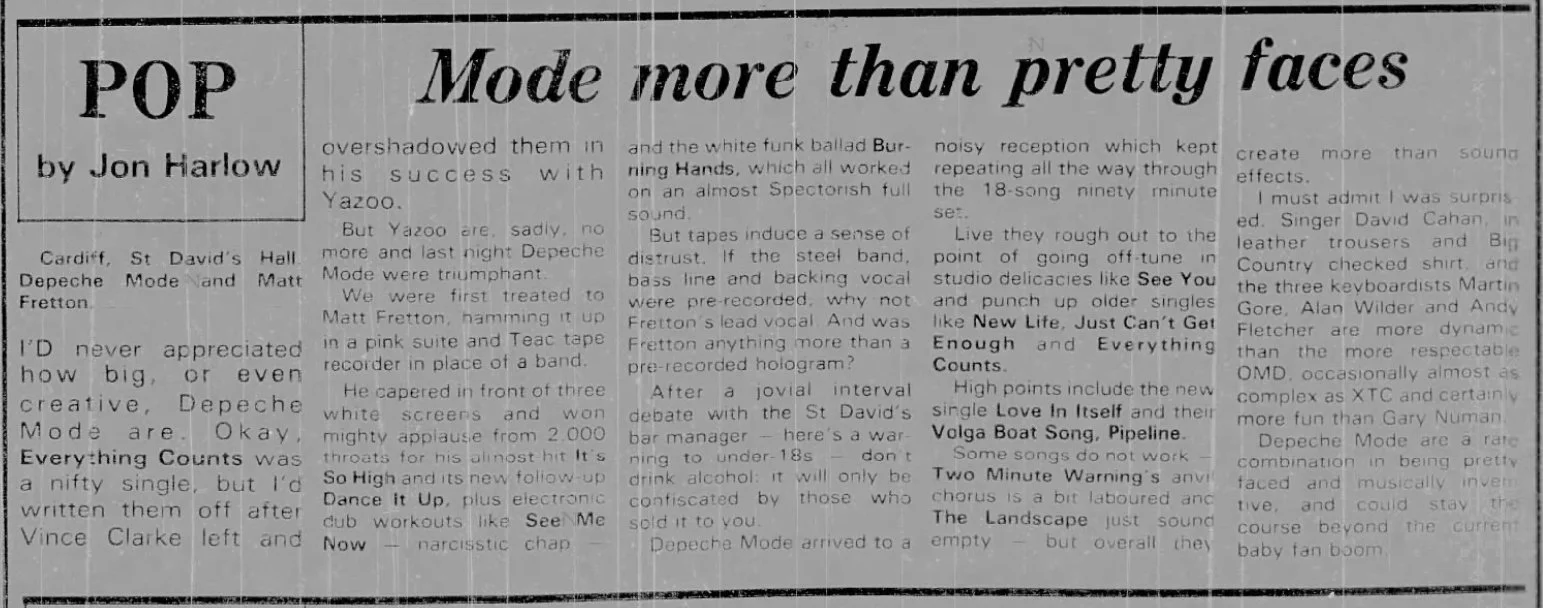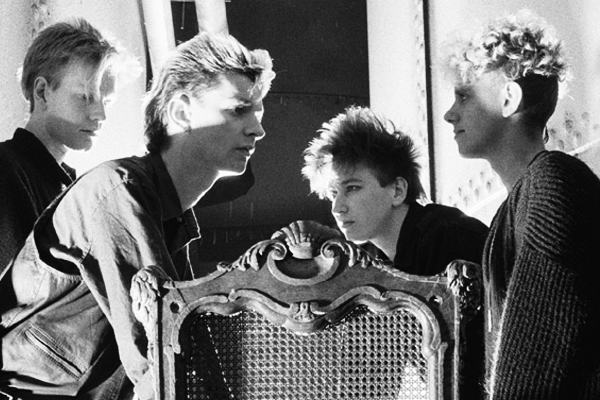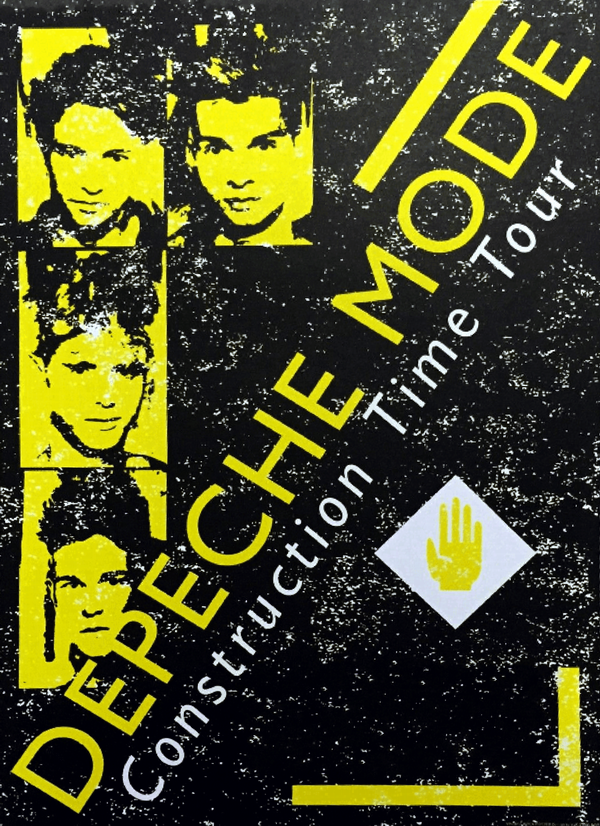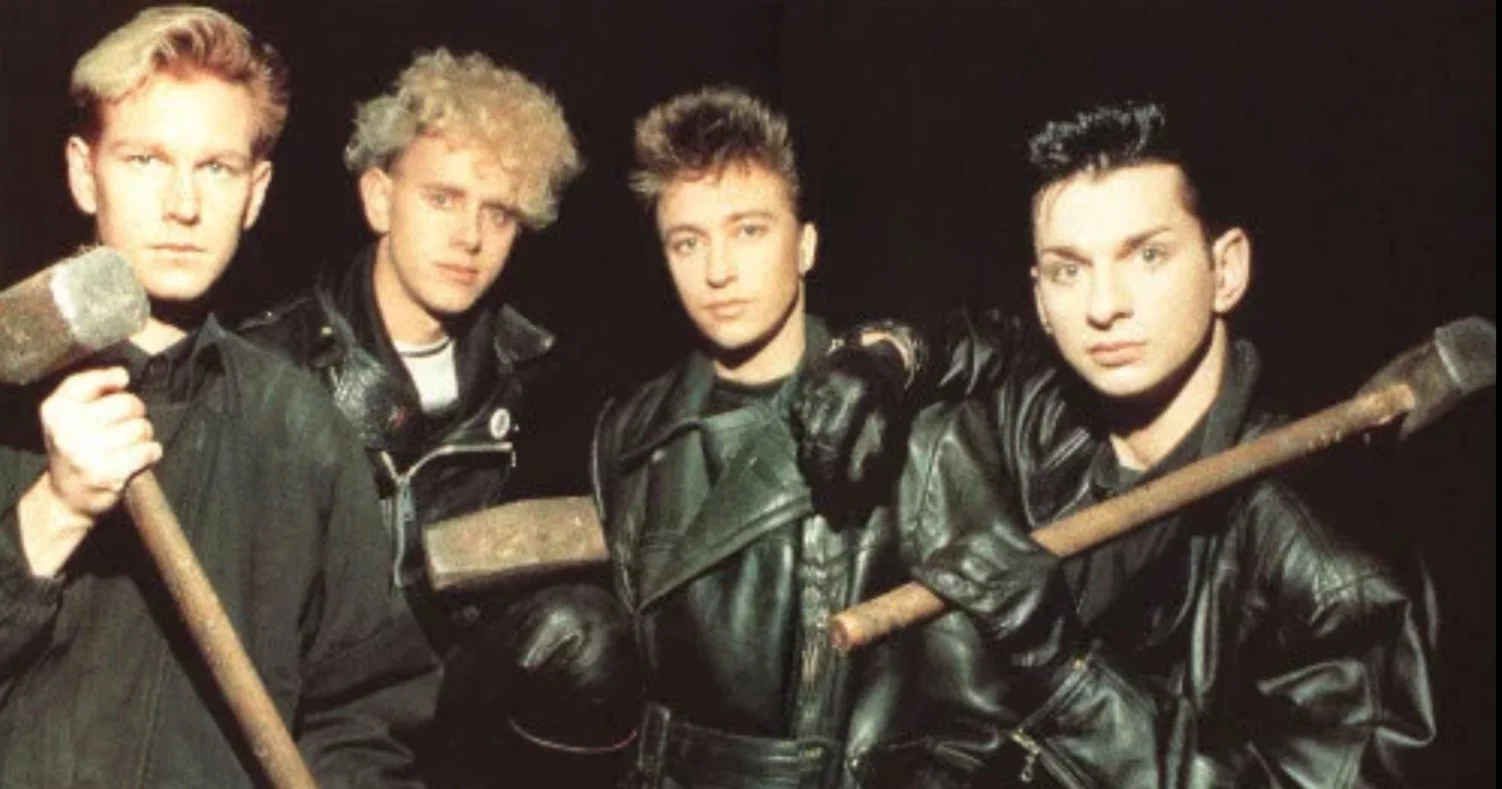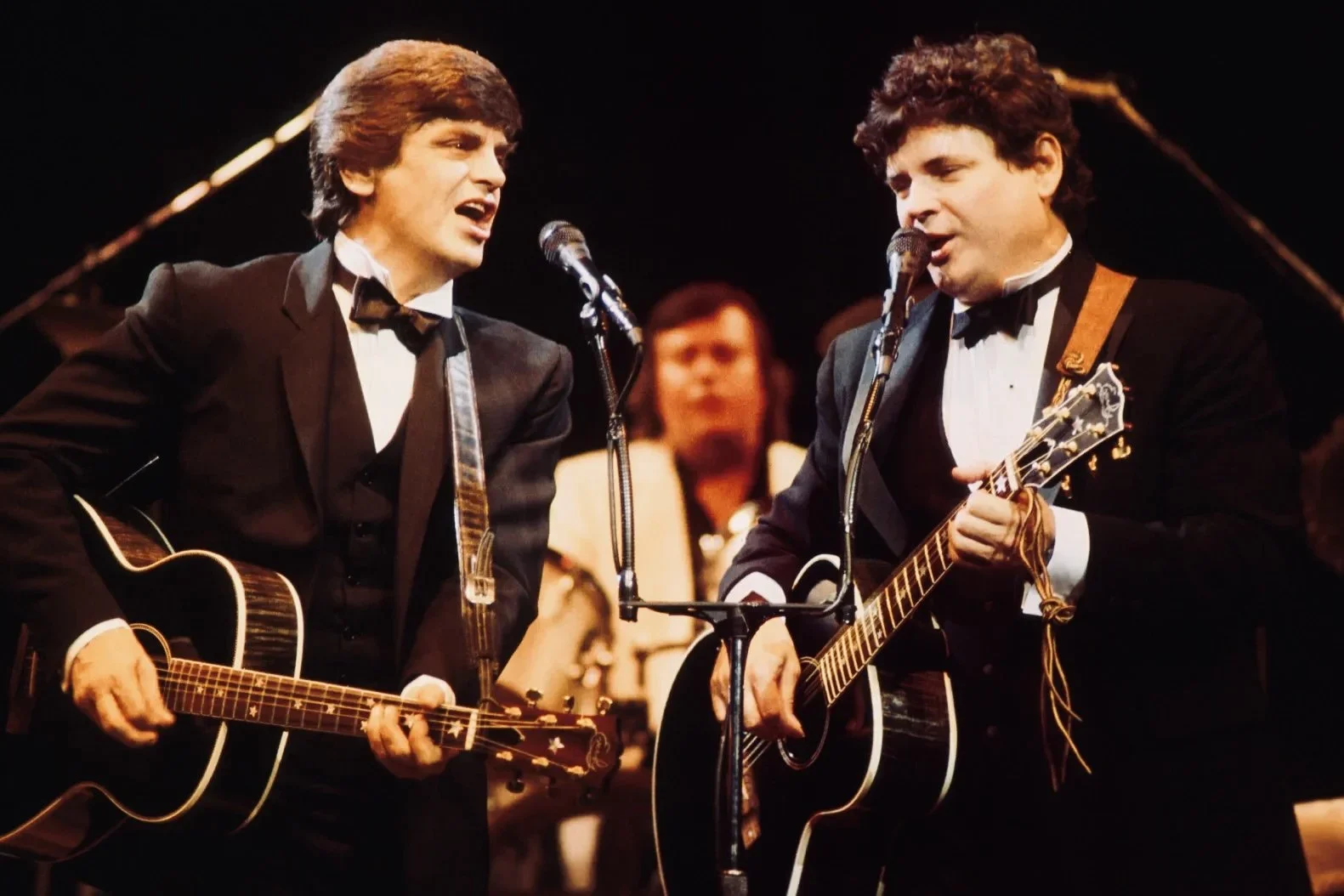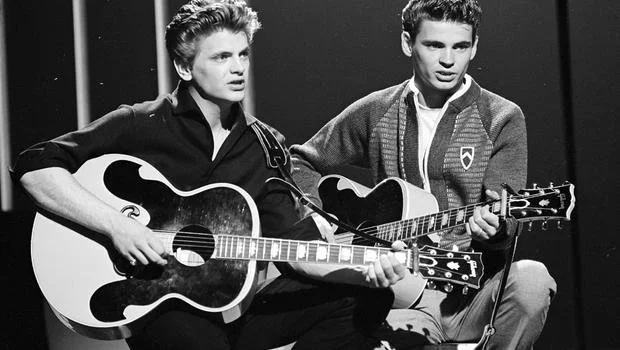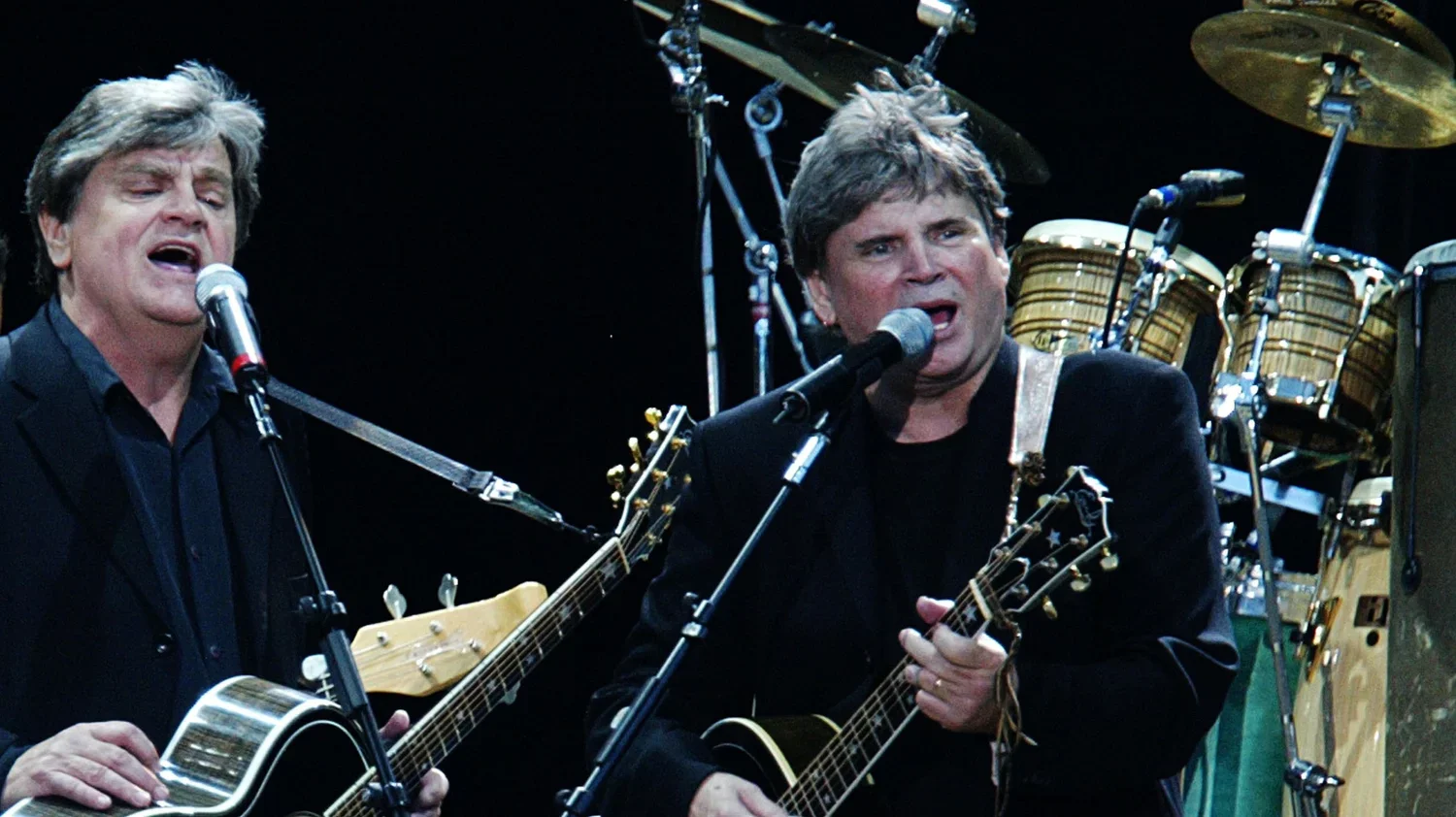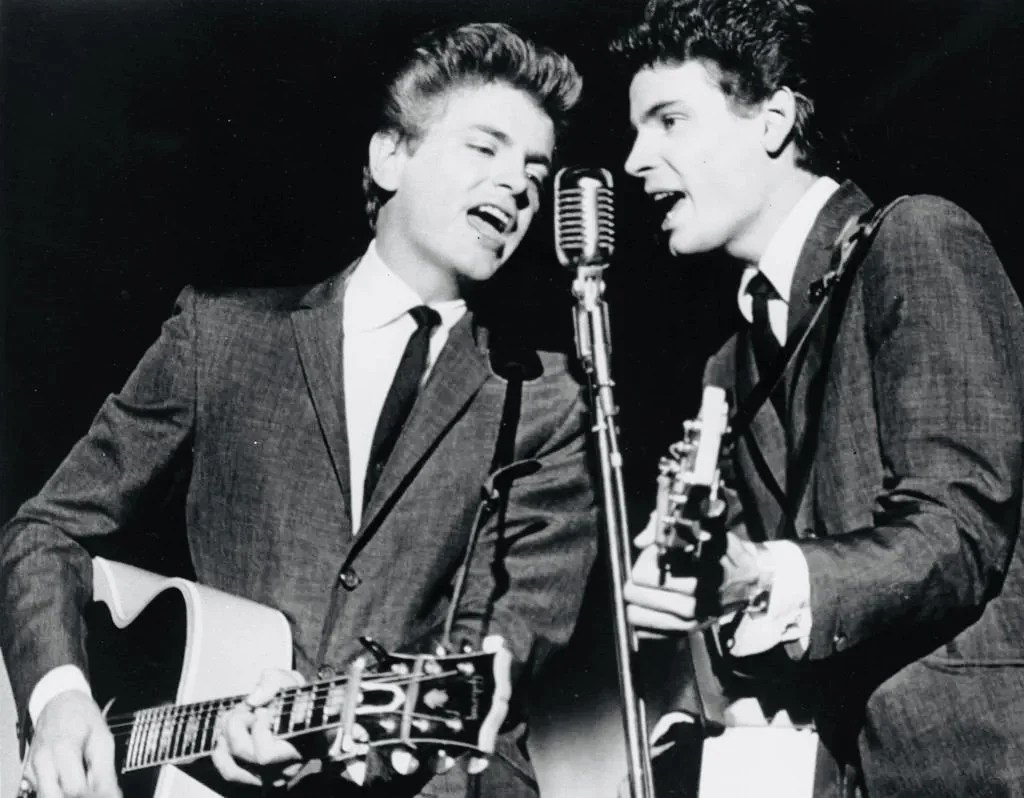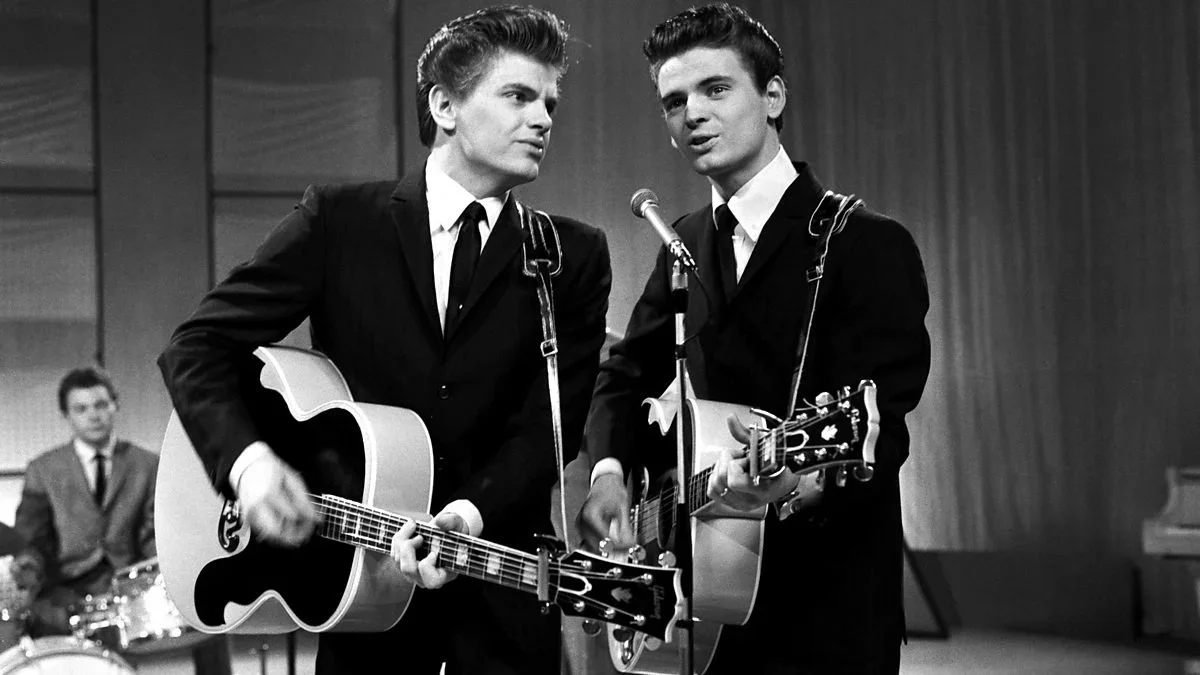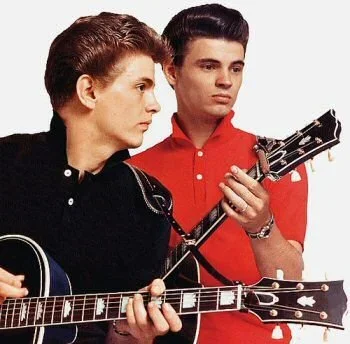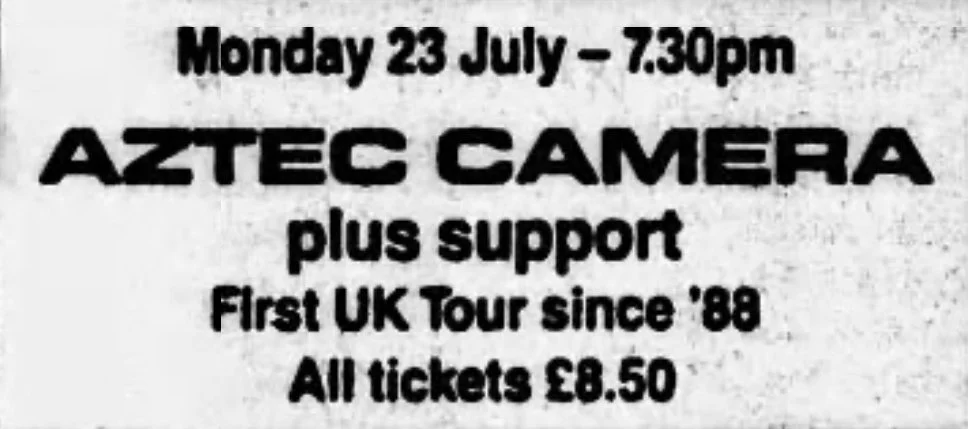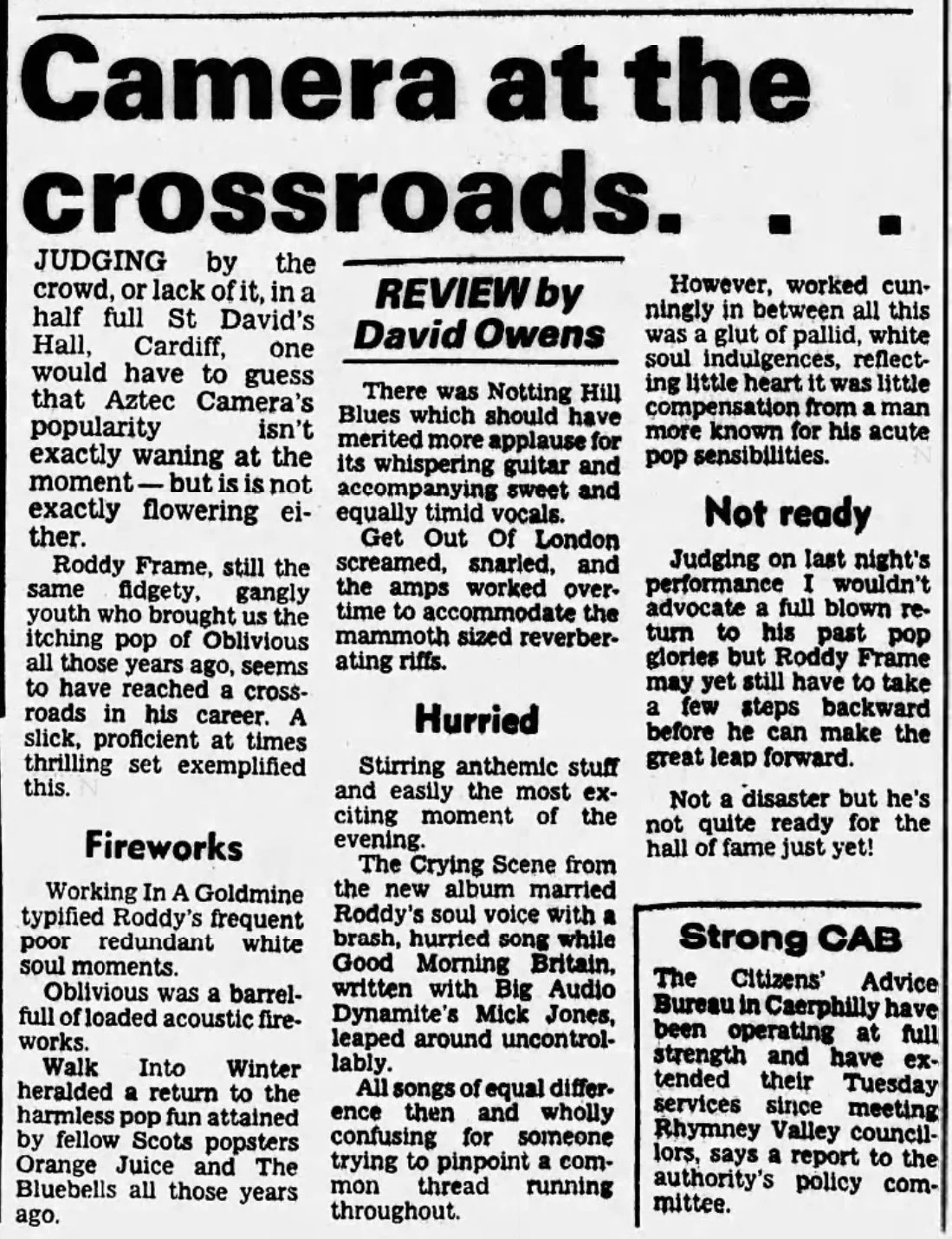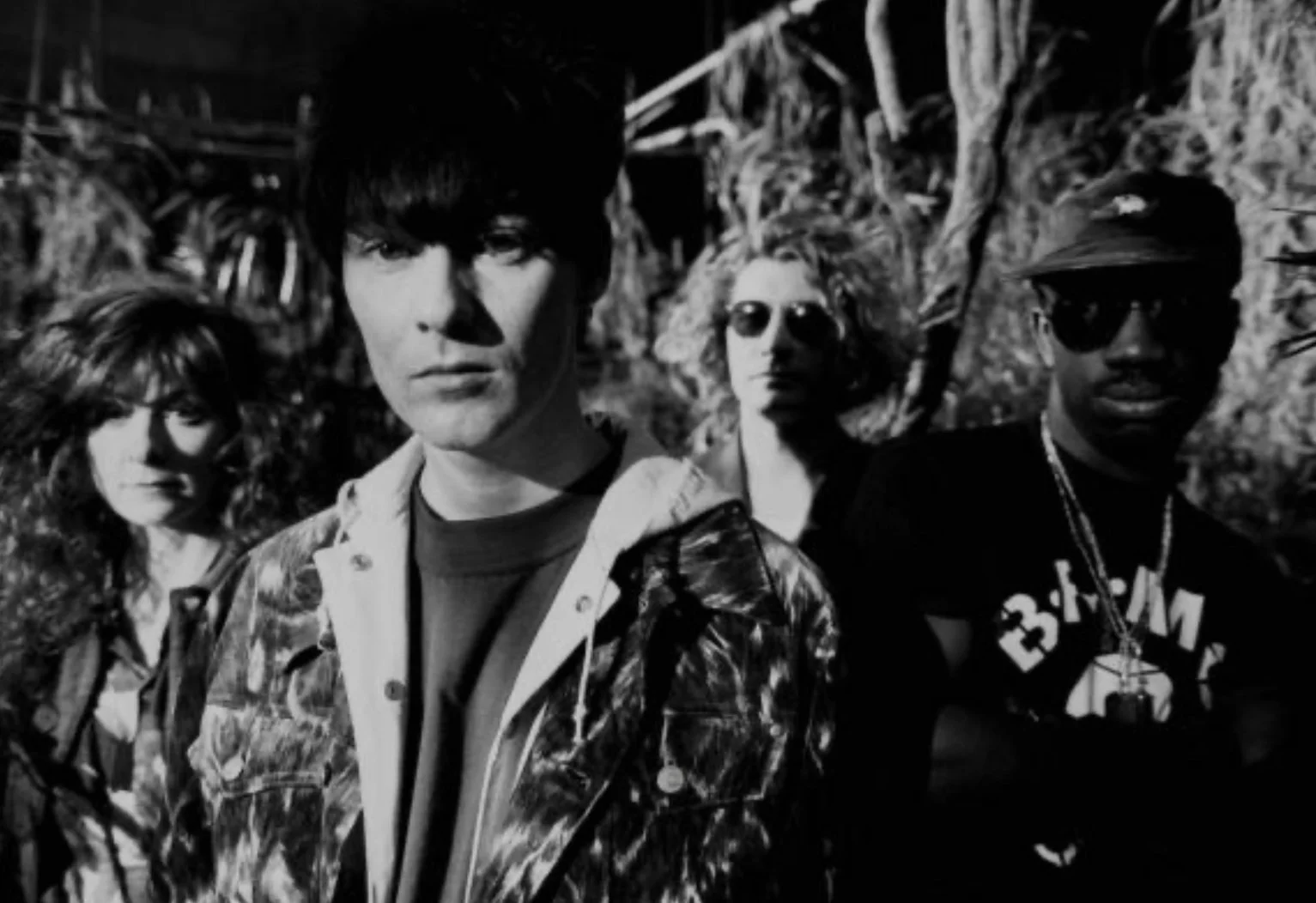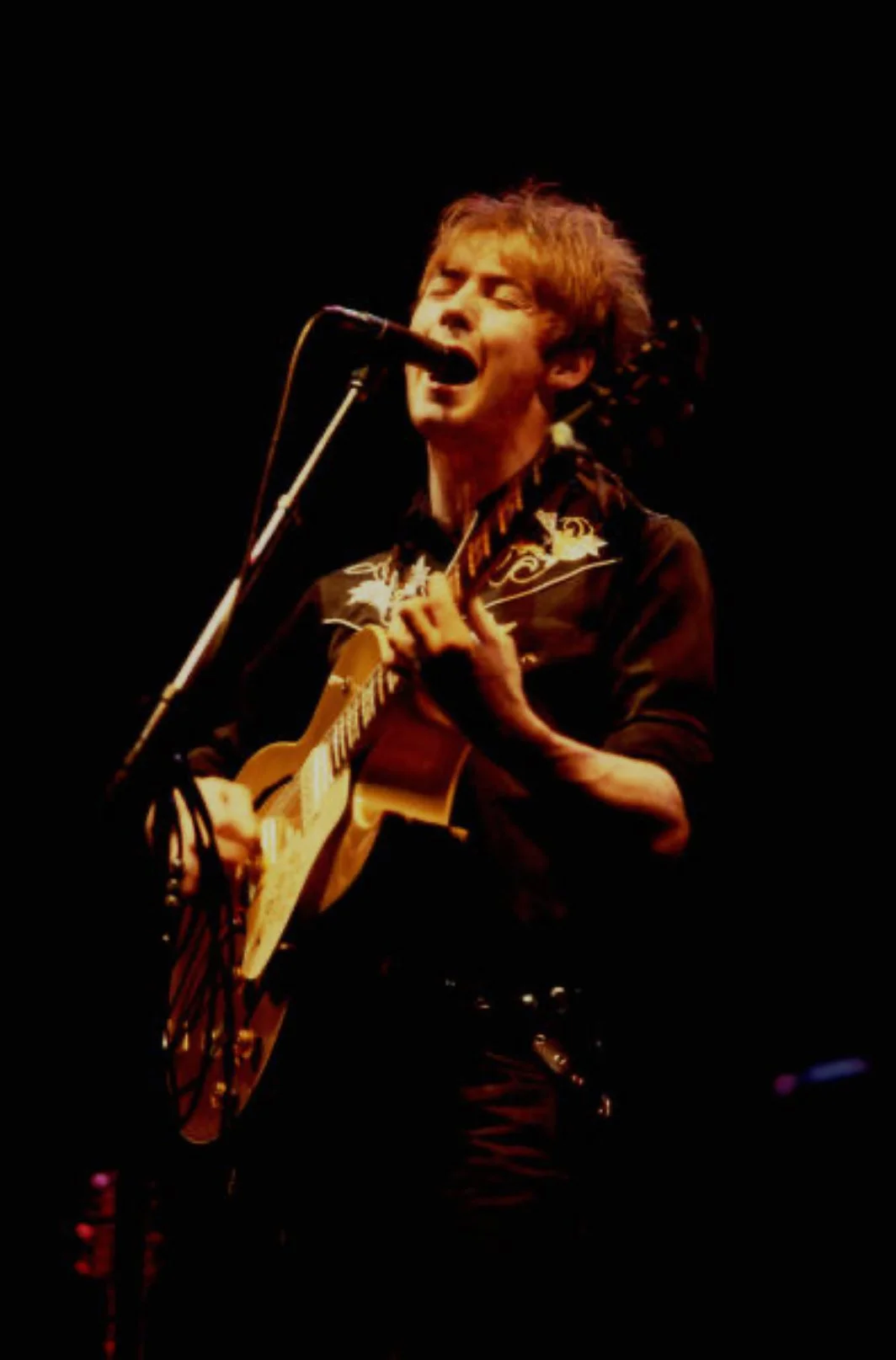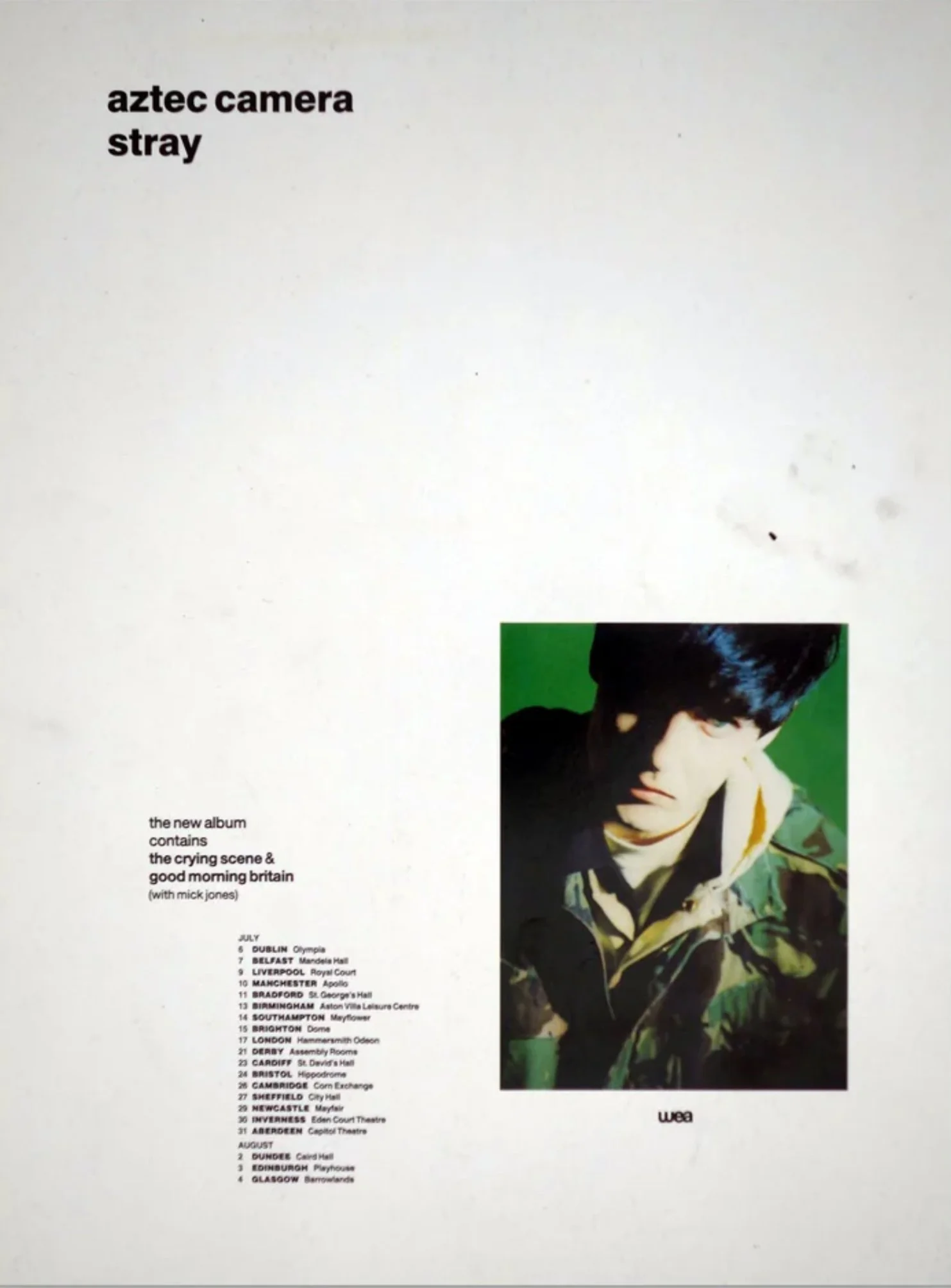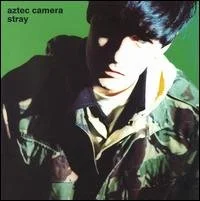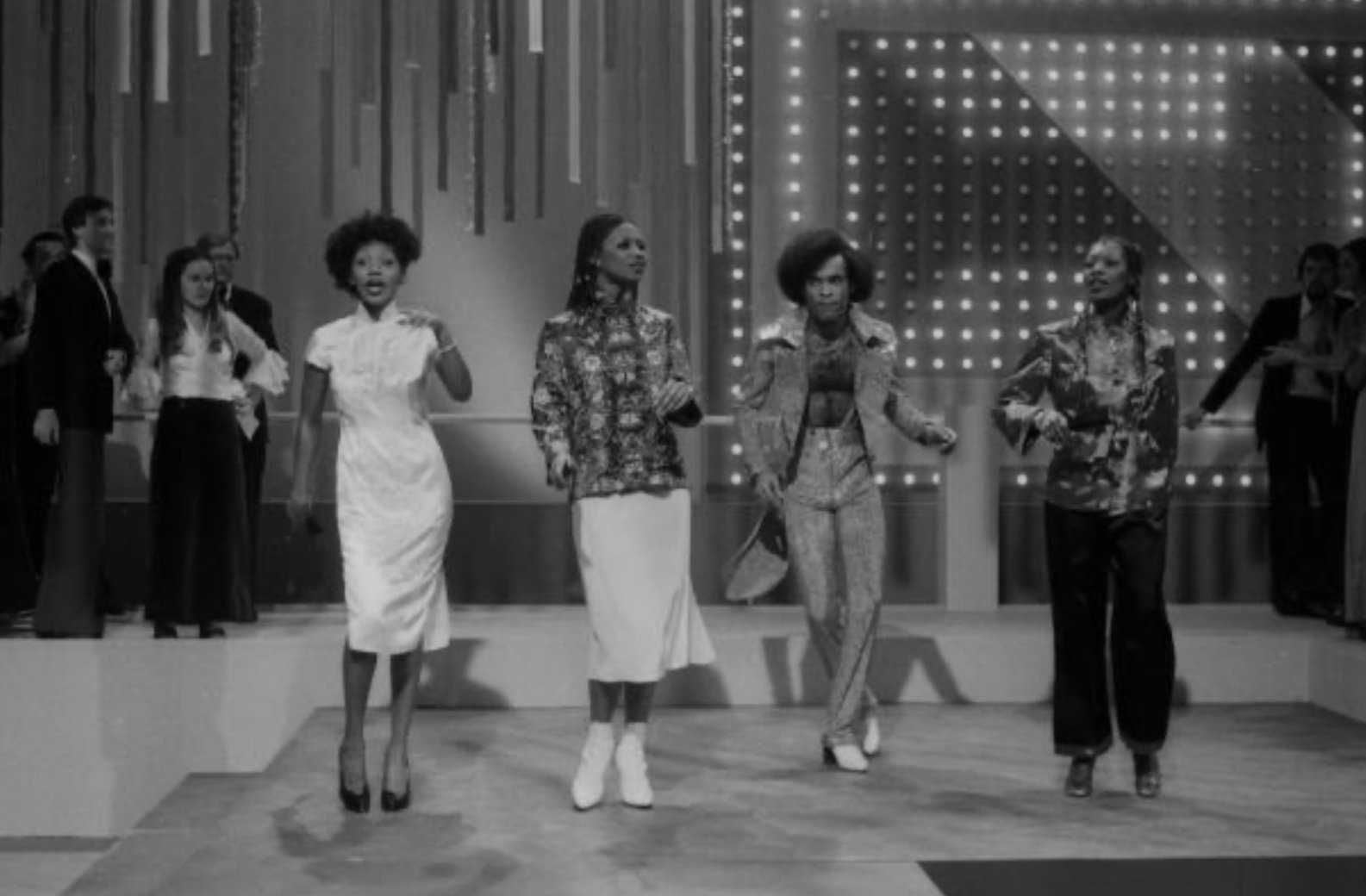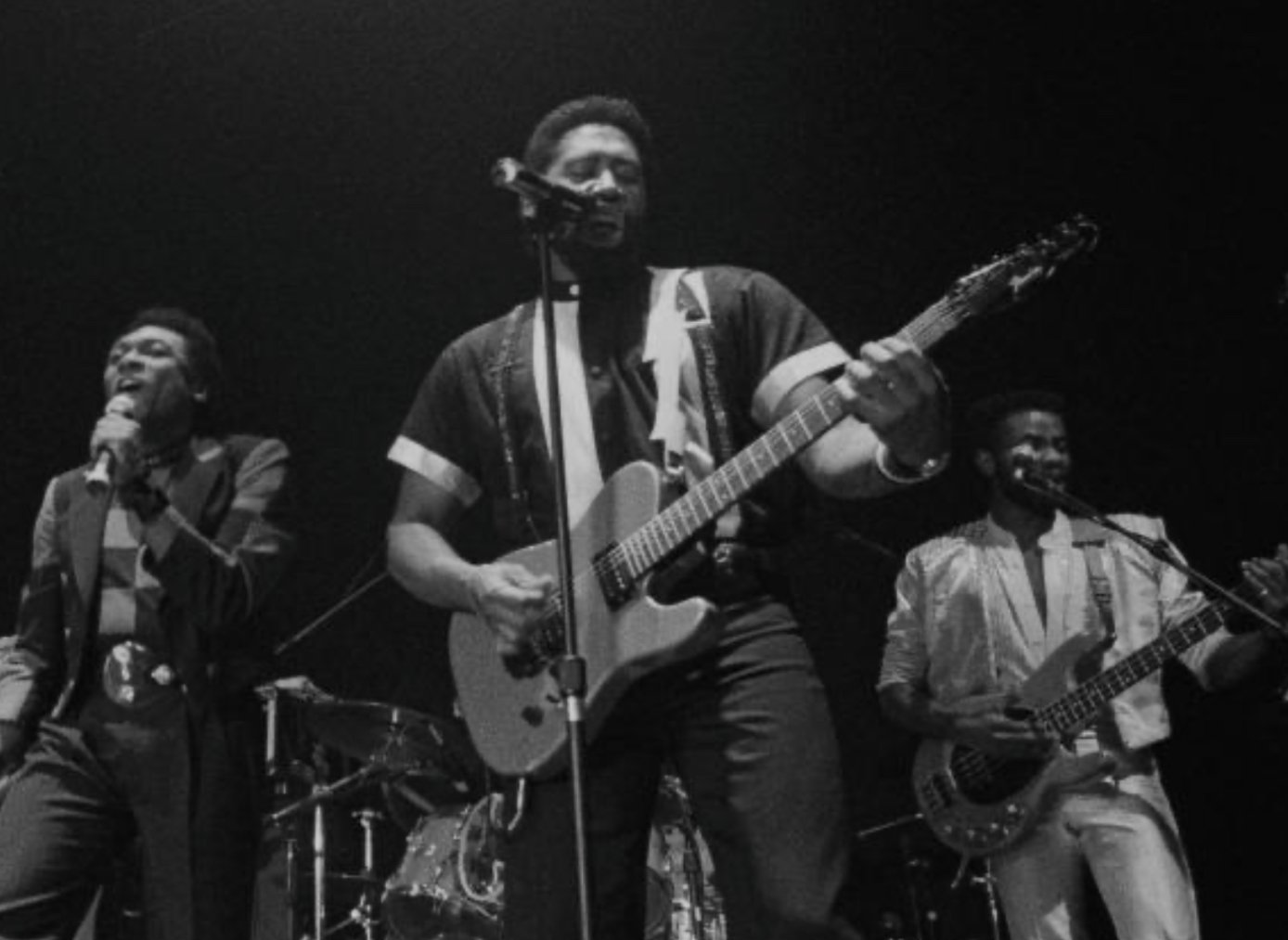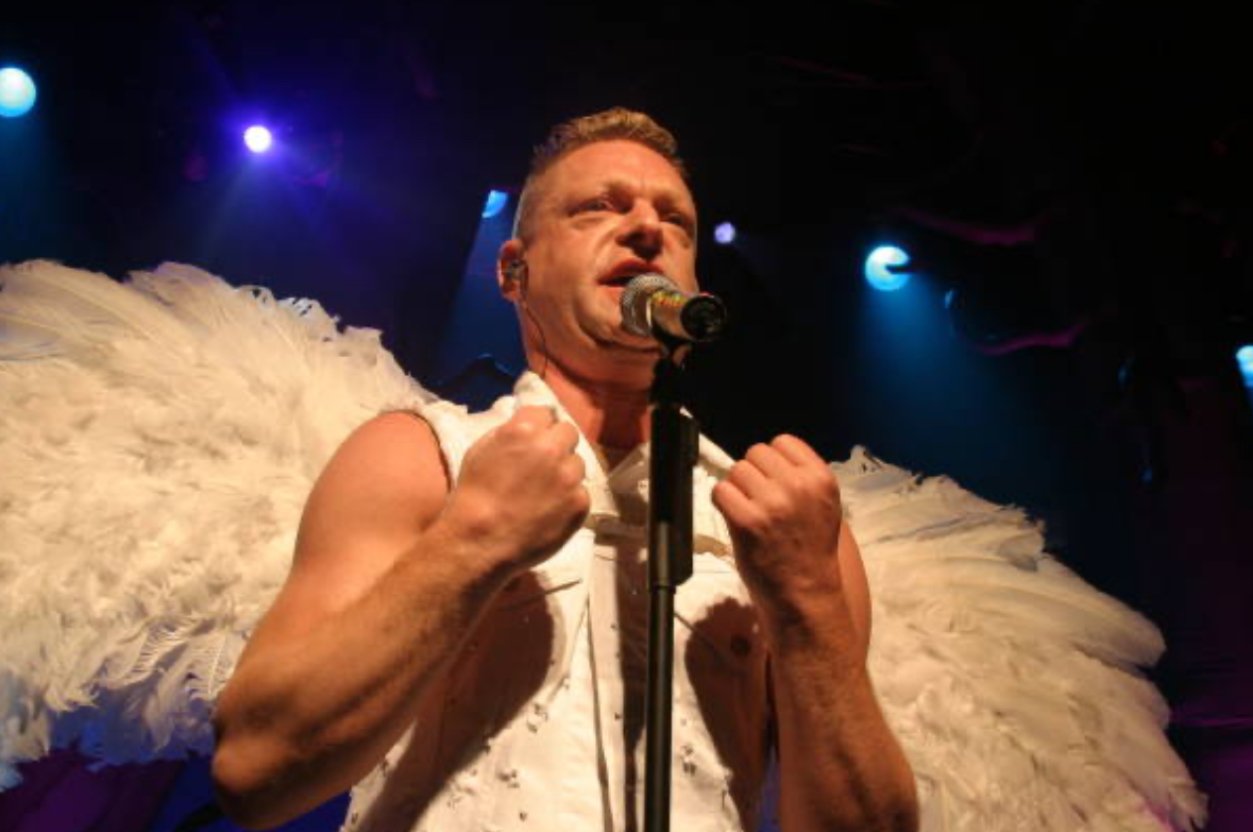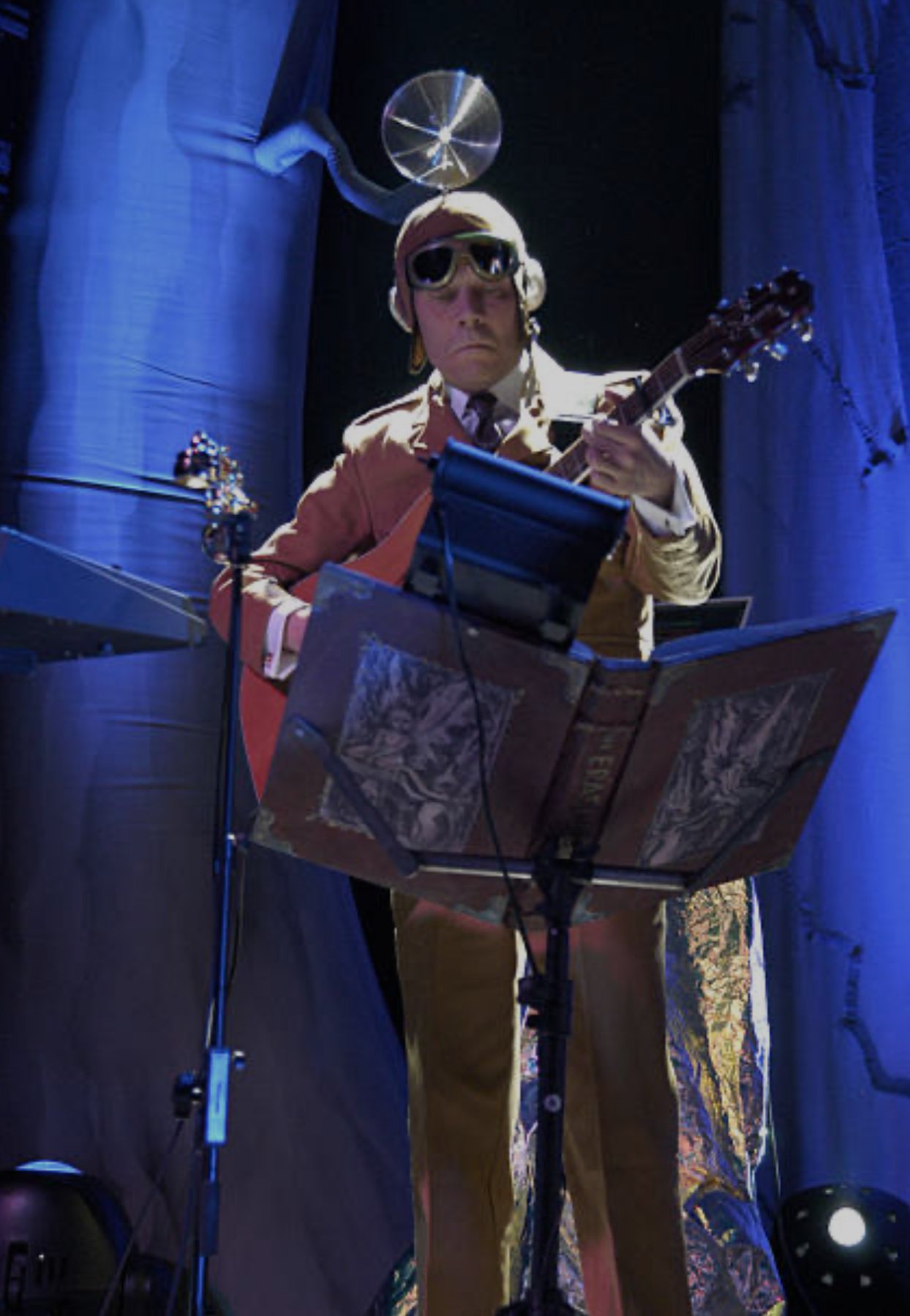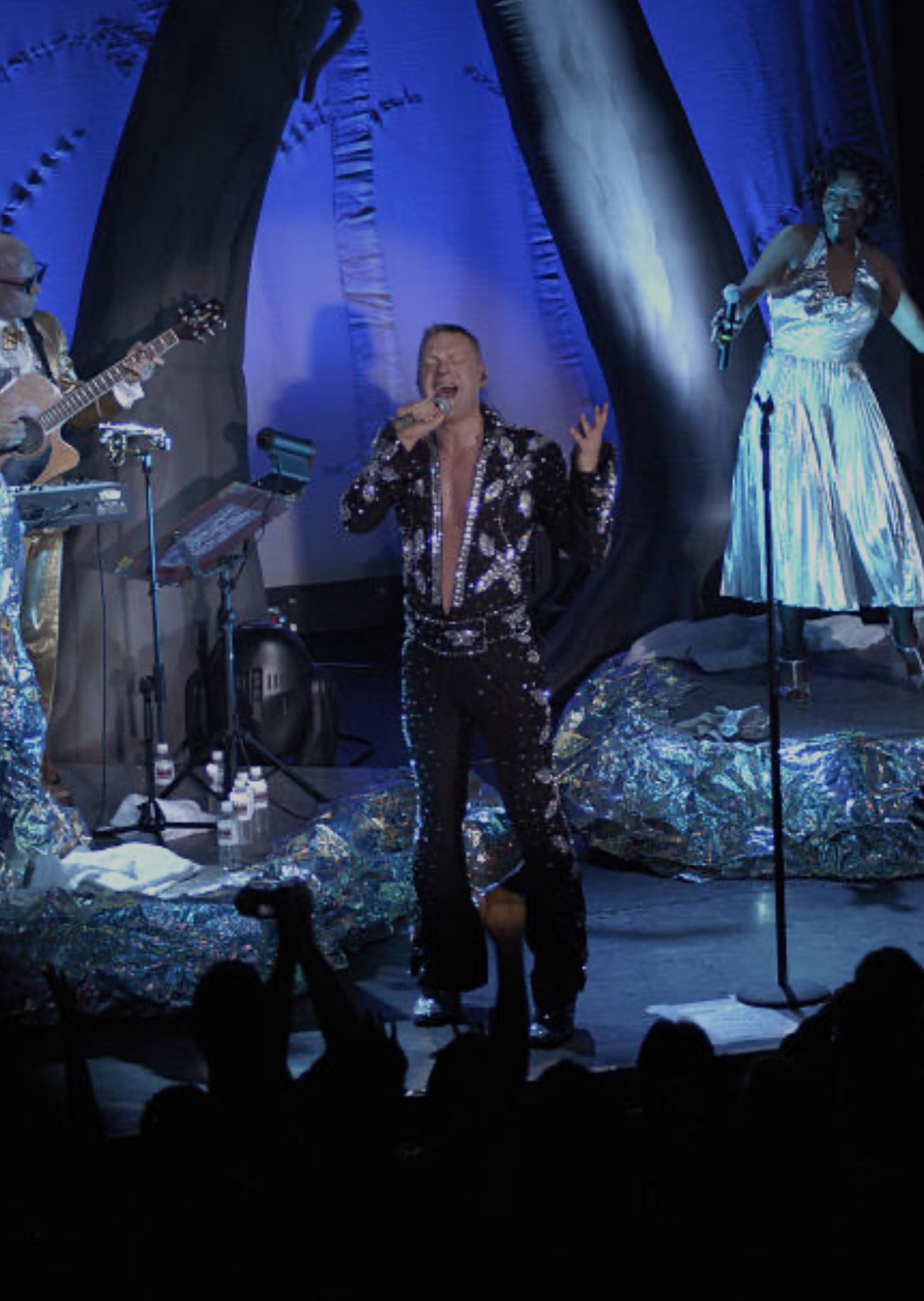On this day, 30 September 1983, electro-rock band Depeche Mode played Cardiff’s St David’s Hall on the band’s Construction Time Again Tour.
Construction Time Again was the group’s third studio album and the first to feature Alan Wilder as a member, who wrote the songs "Two Minute Warning" and "The Landscape Is Changing". The album's title comes from the second line of the first verse of the track "Pipeline".
It was recorded at John Foxx's Garden Studios in London, and was supported by the Construction Time Again Tour.
Review - South Wales Echo
In January 1983, shortly before the release of the "Get the Balance Right!" single, songwriter Martin Gore attended an Einstürzende Neubauten concert, giving him the idea to experiment with the sounds of industrial music in the context of pop.
This album introduced a transition in lyrical content for the group. Construction Time Again would include a bevy of political themes, sparked by the poverty Gore had seen on a then-recent trip he had taken to Thailand.
The album also saw a dramatic shift in the group's sound, due in part to Wilder's introduction of the Synclavier and E-mu Emulator samplers. By sampling the noises of everyday objects, the band created an eclectic, industrial-influenced sound, with similarities to groups such as the Art of Noise and Einstürzende Neubauten (the latter becoming Mute labelmates in 1983)
Review - South Wales Argus
Setlist
Everything Counts
Now, This Is Fun
Two Minute Warning
Shame
See You
Get the Balance Right
Love, in Itself
Pipeline
The Landscape Is Changing
And Then...
Photographic
Told You So
New Life
More Than a Party
Encore:
The Meaning of Love
Just Can't Get Enough
Encore 2:
Boys Say Go!


